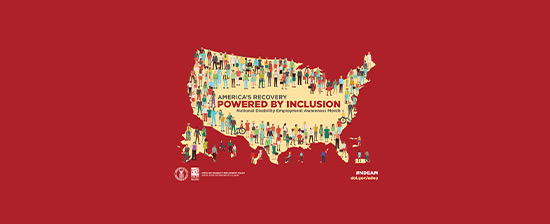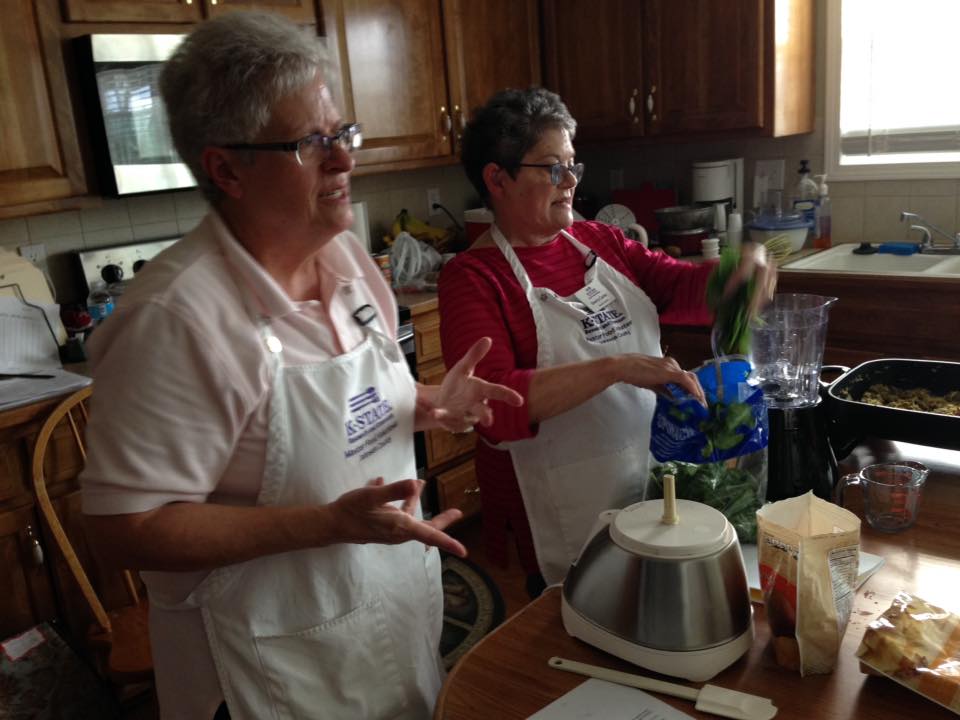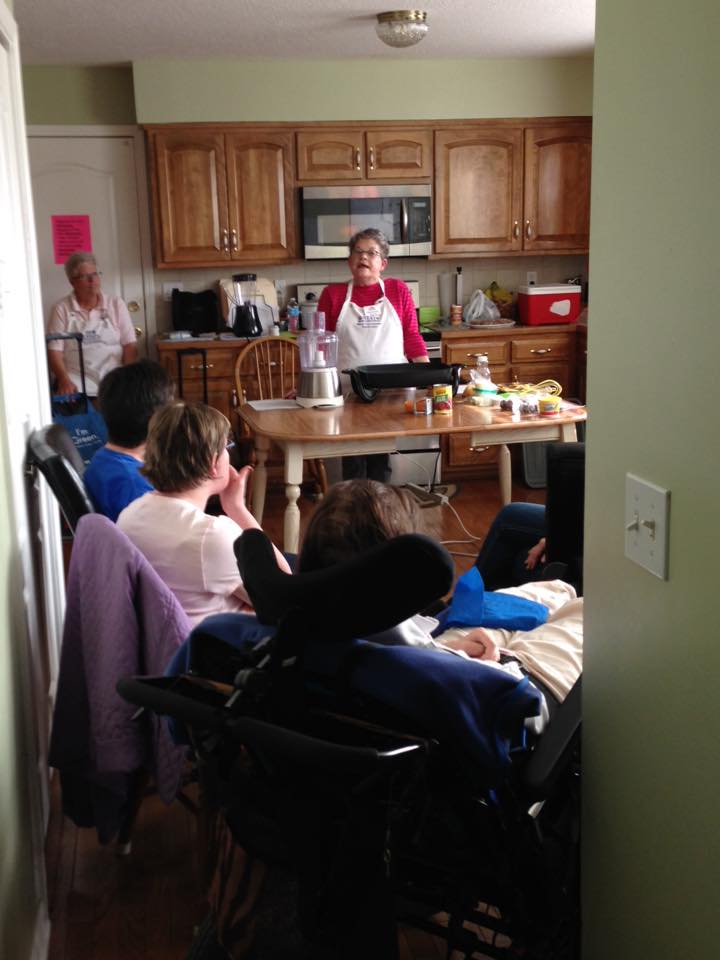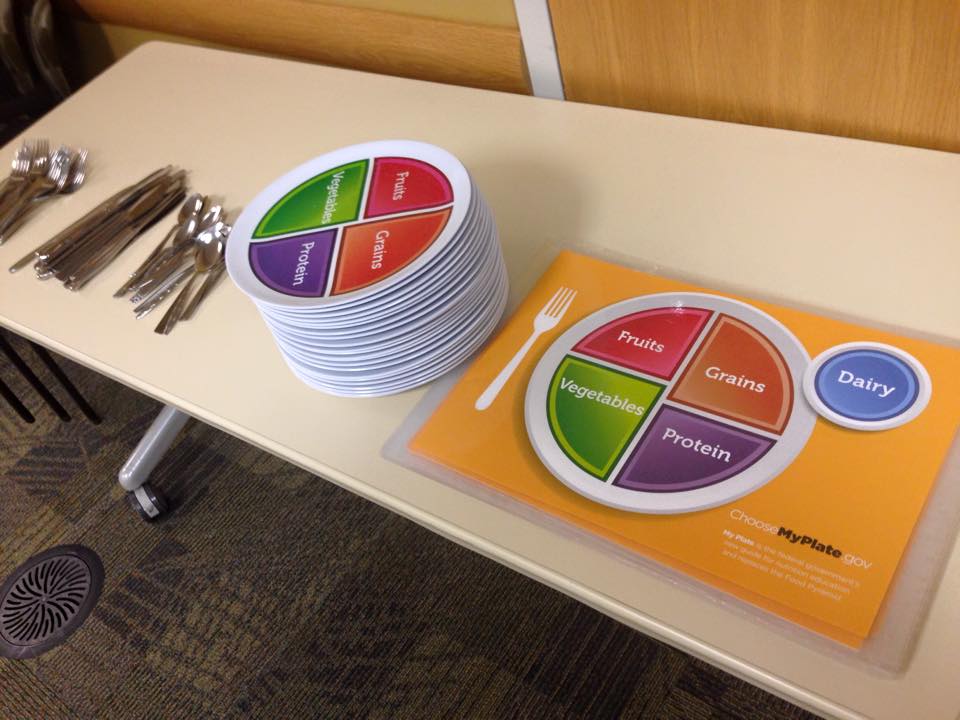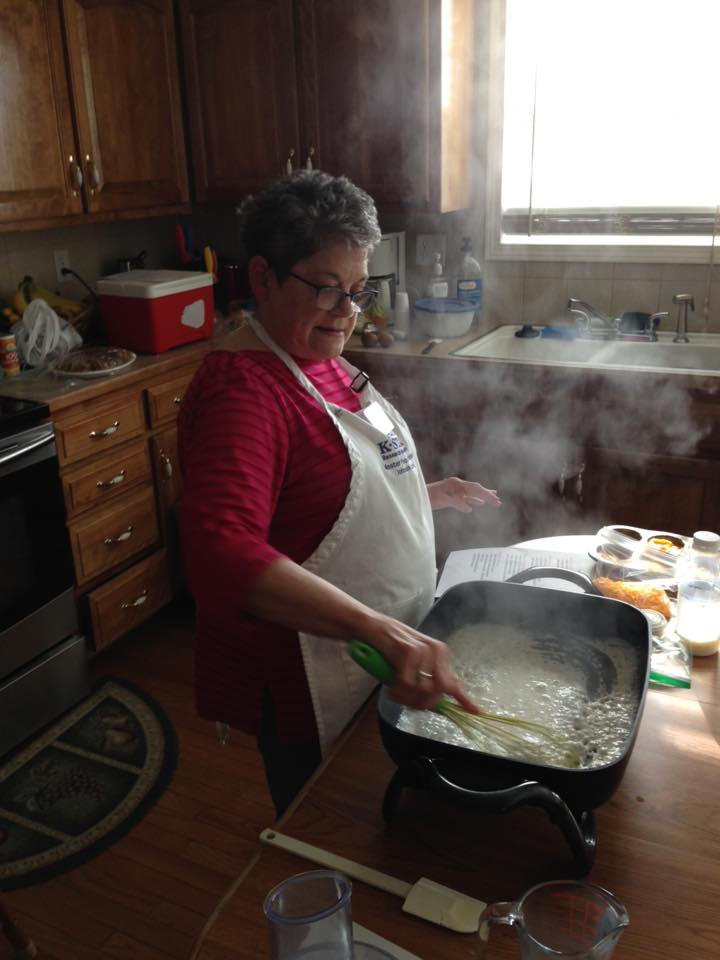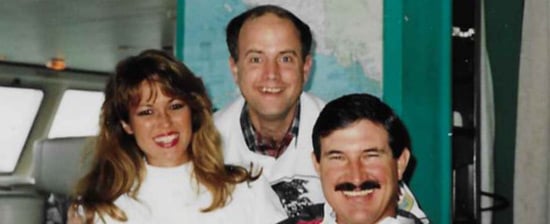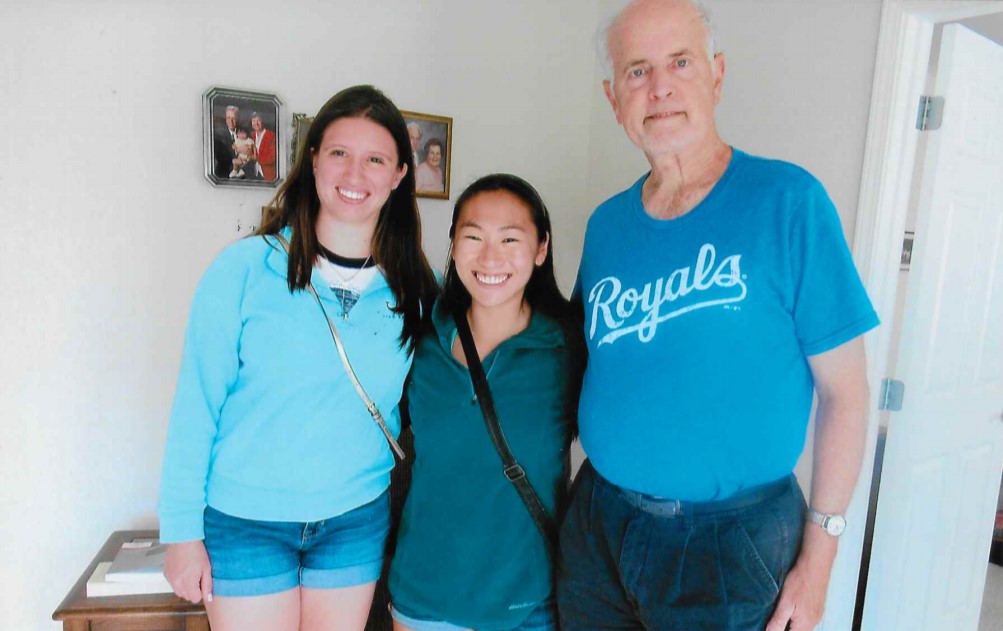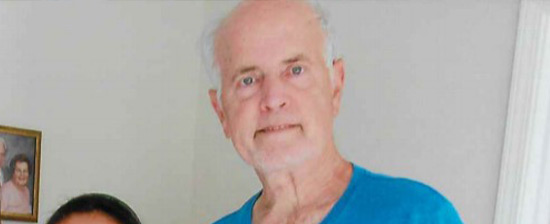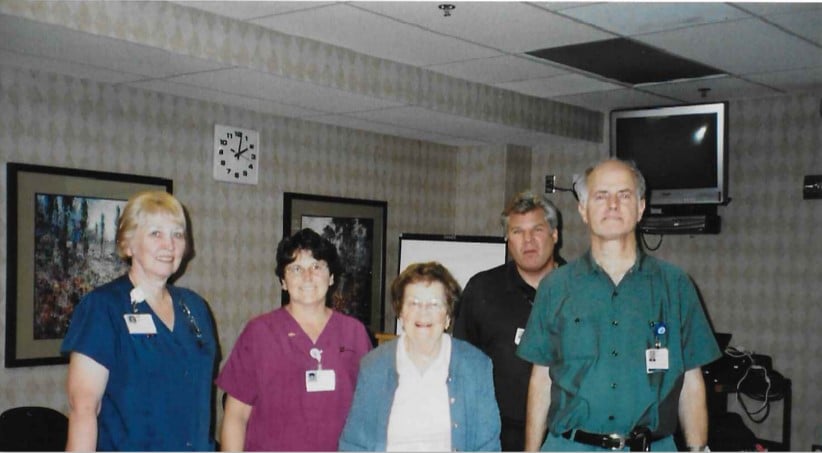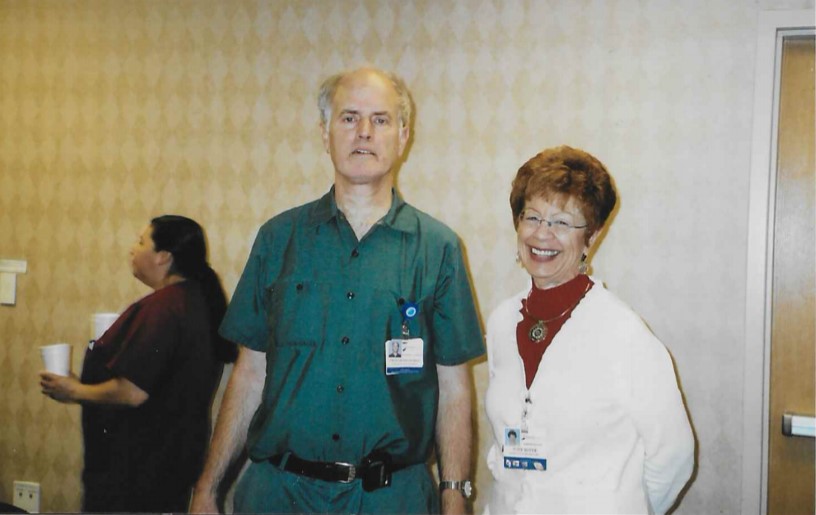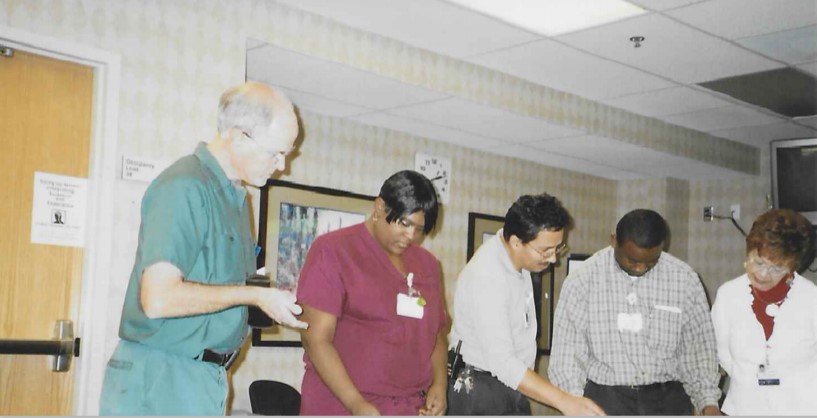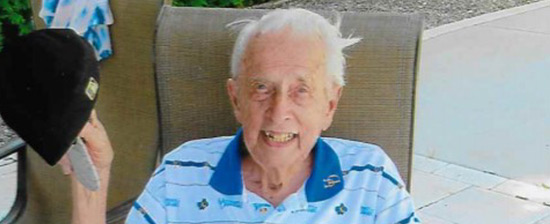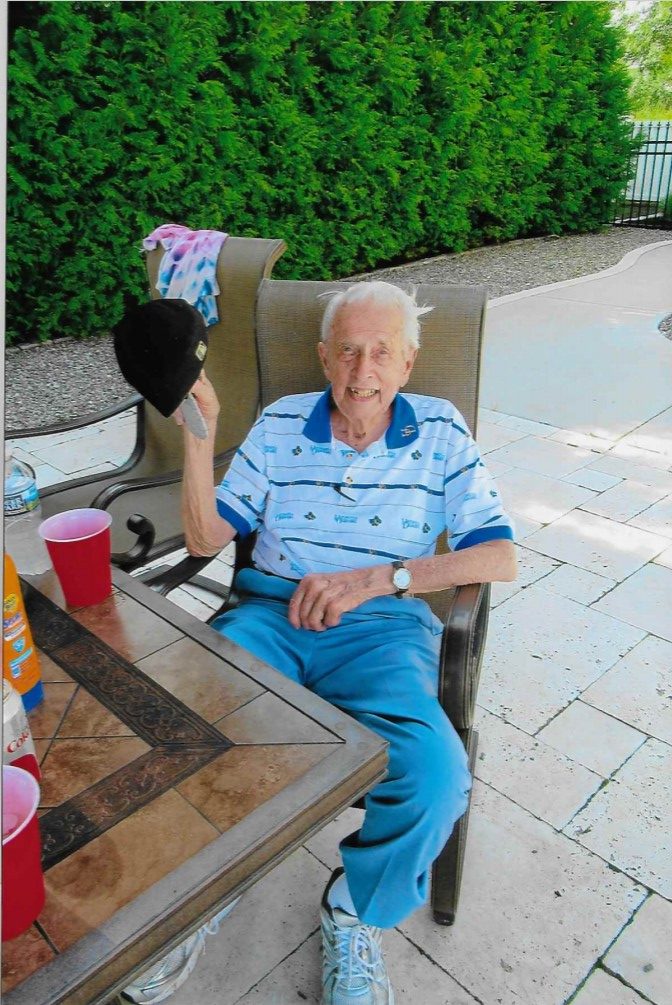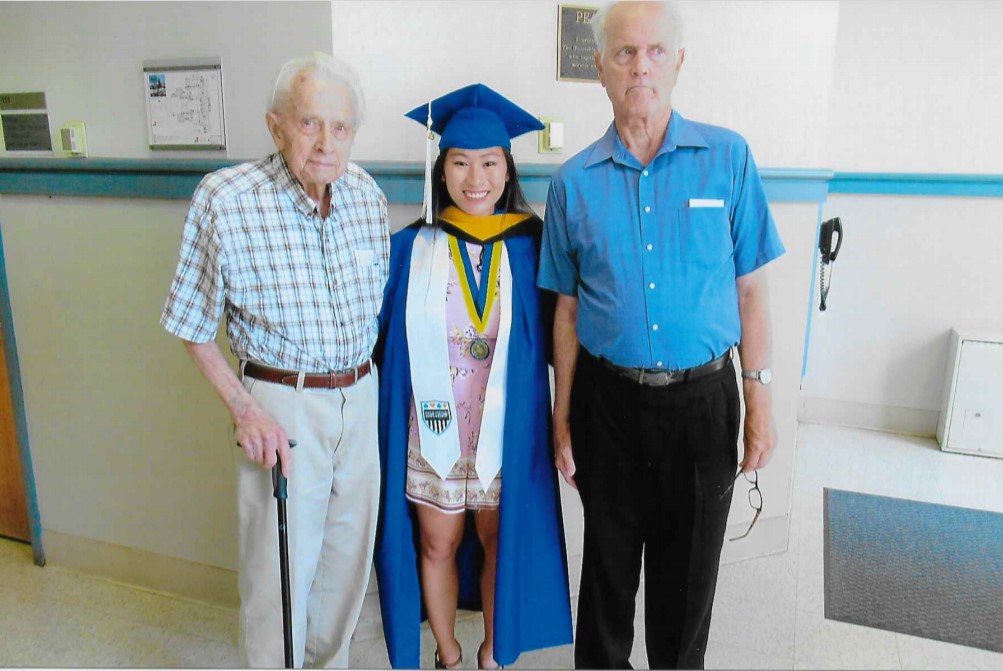With strong bipartisan support, HB 2490 was signed into law by Gov. Laura Kelly on April 7, 2022. This bill authorizes the State Treasurer to decide who is able to open and own an ABLE savings account, bringing Kansas into federal compliance. Previously, Kansas ABLE statutes only allowed an individual with a disability or, in some circumstances, their guardian/conservator, to open an ABLE account in Kansas. This effectively excluded a large pool of Kansans with disabilities and proved extremely difficult for individuals and families to navigate.
History of the Achieving a Better Life Experience (ABLE) Act
The ABLE Act amended Section 529 of the Internal Revenue Service Code of 1986 to create tax-free savings accounts for individuals with disabilities. The law sought to help ease financial strains individuals with disabilities often face, as funds could be contributed tax-free to cover qualified disability expenses and would not negatively impact the person’s eligibility for public benefits like Medicaid.
The ABLE Act was introduced to the 113th Congress on February 13, 2013. Kansas Senator Jerry Moran was an original co-sponsor of the bill, and Kansas Senator Pat Roberts signed on shortly after the bill’s introduction in the Senate. The ABLE Act had extensive bipartisan support, passing in both the House and Senate in December 2014 as part of the Tax Extenders package.
Despite this positive step forward, poverty has continued to disproportionately affect individuals with disabilities. In October 2017, the National Council on Disability released an advisory report to Congress and the President. This study showed that Americans with disabilities live in poverty at more than twice the rate of people without disabilities, and while people with disabilities make up approximately 12 percent of the U.S. working-age population, they account for more than half of those living in long-term poverty.
Importance of ABLE Accounts
ABLE accounts allow individuals with disabilities and their families to save money for qualified disability expenses without jeopardizing eligibility for public benefits. Qualified disability expenses may include medical care, housing expenses, education expenses, transportation needs and a multitude of other things. Having funds for these expenses affords the individual with disability the opportunity for an enhanced quality of life beyond what is provided by means-tested benefit programs.
Deposit Amounts
The maximum amount of unearned income that can be deposited into an ABLE account is $16,000 per year beginning January 2022. This can be met by the beneficiary depositing Social Security benefits, investment income, state disability payments, etc., and by deposits made by third parties such as parents, grandparents, siblings, or a Special Needs Trust (SNT).
In addition to the $16,000 unearned annual maximum, beneficiaries who are employed can contribute $12,060 of their work income to their ABLE account annually. This means that a beneficiary who has earned income could deposit a total of $28,060 in their ABLE account in a year, empowering Kansans with disabilities to seek employment without fear of losing necessary support services while promoting their independence.
ABLE Accounts and Special Needs Trust Working Together
As a professional Trustee and Representative Payee, Arcare discusses ABLE accounts with families and individuals with disabilities during the initial planning process for services. We explain the advantages to establishing a SNT and how it can work with an ABLE account to offer the beneficiary broader spending power, more flexibility, enhanced independence and direct account ownership.
Current federal regulations require that payments from an ABLE account for food and housing do not impact public benefits, like Section 8 or SSI, while payments for food and housing from a SNT do impact these benefits. Understanding how to leverage various financial tools helps families and individuals with disabilities maximize the return on their savings.
A real-life example of this scenario plays out when an SSI recipient would like to use their SNT to pay rent. The SNT could make the rent payment for them; however, the rent payment would trigger a 1/3 reduction in the individual’s SSI benefit the next month. With the next month’s income reduced, the individual may fall into a cycle of coming up short on their limited income for housing expenses. Continually paying rent from the SNT would also have a negative impact on the lifetime of the Trust, as the funds could easily be exhausted for rent payments instead of other supplemental needs. Alternatively, the rent payment could be paid from an ABLE account with no reduction to the individual’s SSI. Recently passed regulations allow for a SNT to make contributions to an ABLE account.
The Future of Kansas ABLE
HB 2490 addresses enrollment barriers faced by families and individuals with disabilities by adopting an expanded hierarchy of who can establish an ABLE account on a beneficiary’s behalf, which now includes “individuals or agents with power of attorney, conservators or legal guardians, spouses, parents, siblings, grandparents, or representative payees appointed by the Social Security Administration.” The bill also includes language changes to reference federal statutes so that any changes in the national ABLE program can be implemented in a timely manner by the State Treasurer’s Office.
Arcare was proud to testify in support of HB 2490 in both the House Children and Seniors Committee and Senate Financial Institutions and Insurance Committee, alongside Interhab, the KanCare Advocates Network, MOSAIC and the Disability Rights Center of Kansas. HB 2490 will have a profound impact on individuals with disabilities and their families upon its effective date July 1, 2022.


